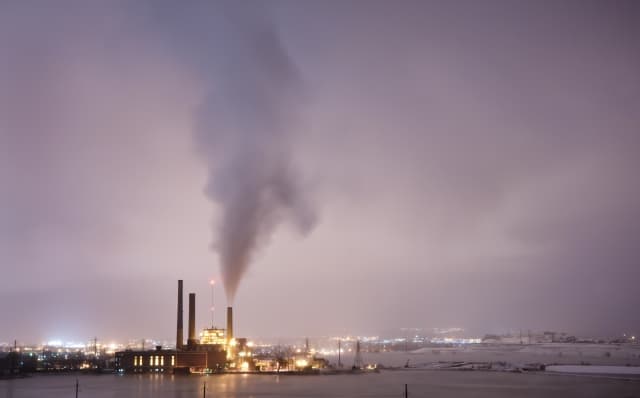Environmentalists won big May 8 in a lawsuit brought against the federal government over two coal mines near the northern Colorado town of Craig.
The nonprofit environmental group WildEarth Guardians sued the U.S. Office of Surface Mining, Reclamation and Enforcement (OSM), a bureau within the U.S. Department of the Interior, over permits granted in 2007 to expand the coal mines, saying OSM failed to seek public input or consider impacts on the environment when it approved expanding the mines. The mines are operated by Colowyo Coal Company and Trapper Mining, Inc.
In his May 8, 2015 ruling, Federal District Judge R. Brooke Jackson agreed with WildEarth Guardians that OSM cited outdated documents from the 1970s in its Finding of No Significant Impact for the mine expansions, and found the agency “did not comply with its most basic NEPA [National Environmental Policy Act] duty of providing public notice” of the mining plan revisions.
The judge awarded WildEarth Guardians reasonable attorney’s fees and expenses incurred in bringing the lawsuit, and gave the two mining companies 120 days to “take a hard look at the direct and indirect environmental effects of the Colowyo mining plan revision,” and “provide public notice and an opportunity for public involvement before reaching its decisions.”
If the companies fail to complete these remedial tasks within the assigned 120-day window, they face closure of the mines.
The ruling follows a similar one in U.S. District Court in June of 2014 in which the Court found the Bureau of Land Management and Forest Service wrongly approved expansion of the West Elk coal mine in Somerset, Colorado, because the company operating the mine, Arch Coal, failed to consider the social and economic impacts of greenhouse gas emissions from the mining.
Image credit: A power plant spreads pollution over the city of Boulder, Colorado via Shutterstock.
Subscribe to our newsletter
Stay up to date with DeSmog news and alerts






